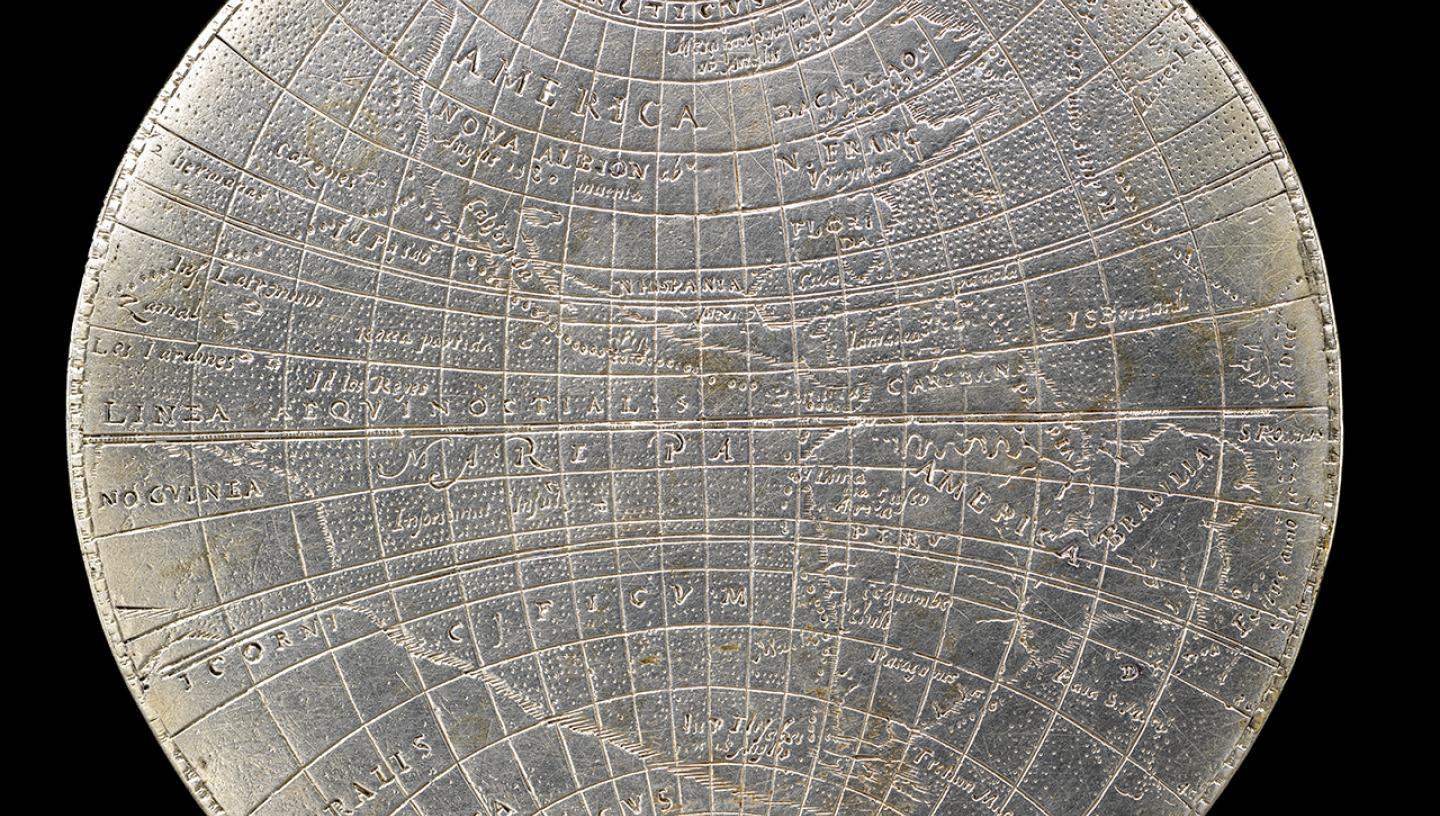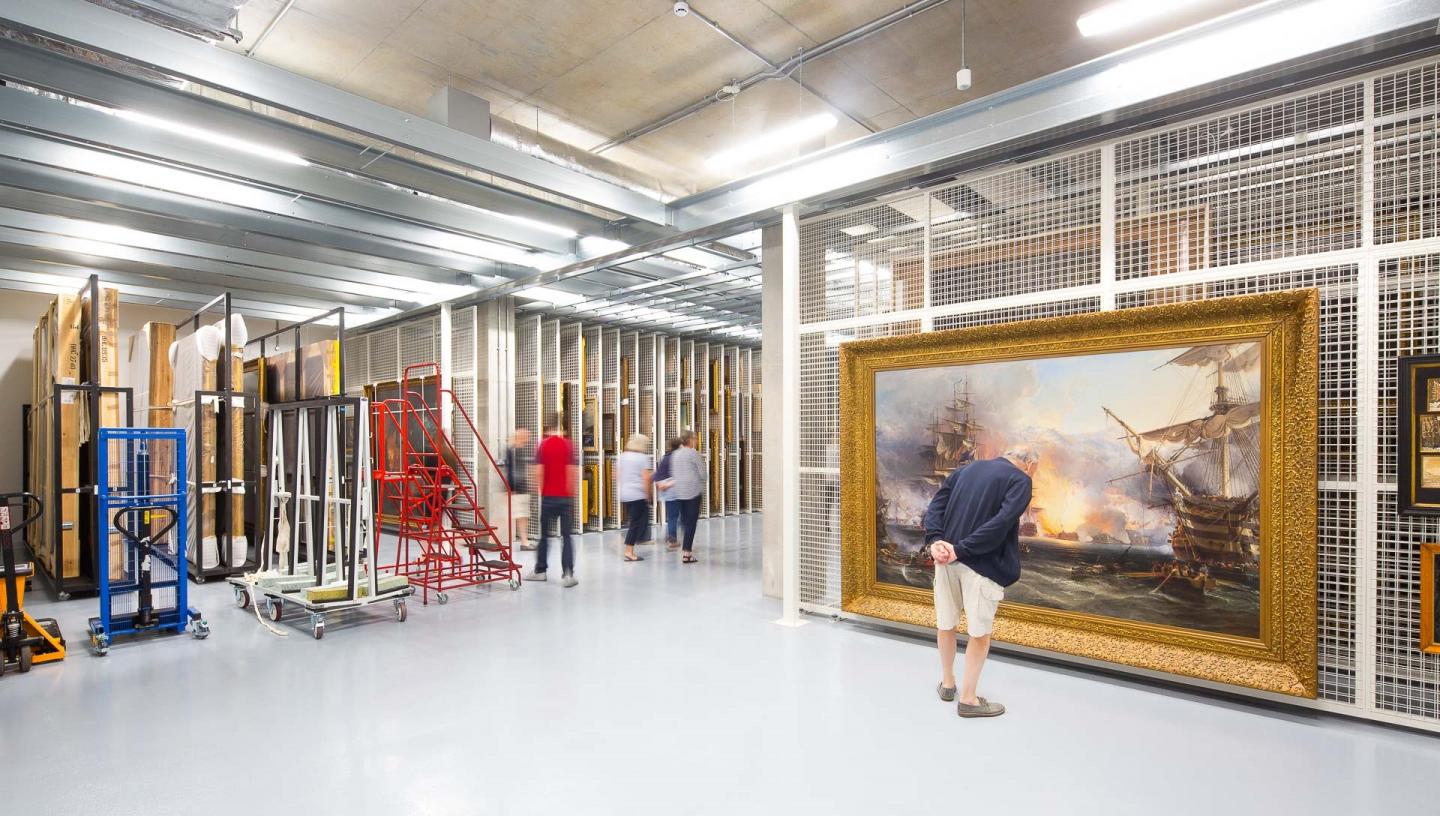
Our collection of around 5000 coins and medals has a connection to maritime history and Greenwich.
About the collection
The 2987 commemorative medals date from the Renaissance period onwards and mark maritime events throughout the world. The items we hold include coins, trade tokens, orders and decorations from around the world, including British war and gallantry medals and art medals from Europe and North and South America.
Largely British, the collection nevertheless has international coverage. The collection includes 16th and 17th century Naval Rewards, which preceded the institution of the Naval Gold Medal, first presented after the Battle of the Glorious First of June, 1794. This section also includes decorations, orders of chivalry, gallantry and lifesaving awards, polar medals, and prize medals of all types.
It is arguably the best collection of naval awards in the country, although important collections are also held at the Imperial War Museum, Royal Marines Museum and Army Museum. It includes eleven Victoria Crosses, 17 Naval Gold Medals and 221 examples of the 1848 Naval General Service Medal. The personal groups of campaign medals and orders of chivalry belonged to some of the most significant naval commanders of the twentieth century.
From Sir Francis Drake to the First World War
Highlights from our collection include a medal by Michael Mercator showing the track of Drake's circumnavigation of 1577-80, a Victoria Cross awarded to Captain William Peel (1824-58) and German medals designed by Karl Goetz during the First World War (1914-1918). Most of the Museum's trade tokens came from the collection of H.H. Brindley.
In the field of polar exploration, the Museum‘s collection includes the gold medals of the Société de Géographie, Paris awarded to Arctic explorers, Sir John Franklin (1786-1847), Sir George Back (1796-1878) and Sir John Ross (1777-1856).
Some very generous gifts
George Montagu, 9th Earl of Sandwich (1874-1962) presented his private collection of coins and medals to the Museum in the 1930s. It included foreign commemorative medals, Roman coins and a collection of French counters or jetons. His printed collection formed the basis of our online catalogue.
Other items were presented by Sir James Caird and Queen Mary in the 1930s. After the Second World War, the Museum concentrated on collecting war medals, gallantry medals and other awards.
Using our collections for research
The collections at Royal Museums Greenwich offer a world-class resource for researching maritime history, astronomy and time. Find out how you can use our collections for purposes of research.
